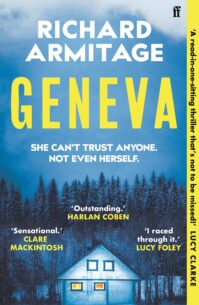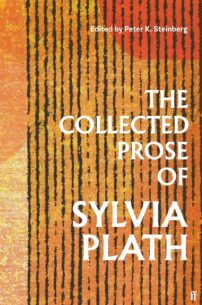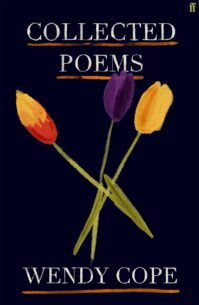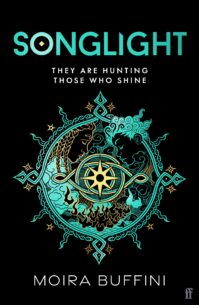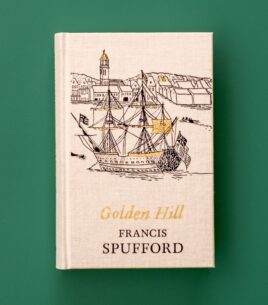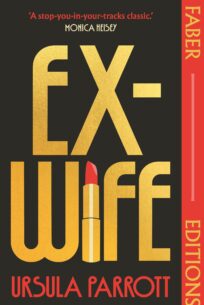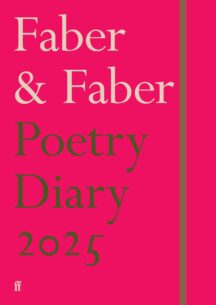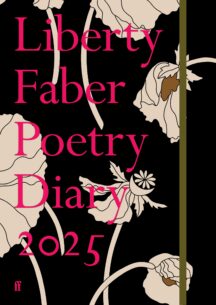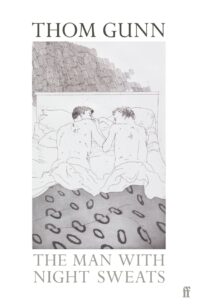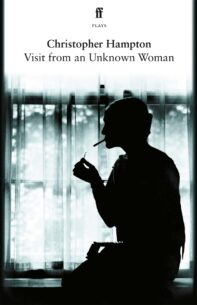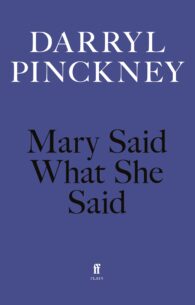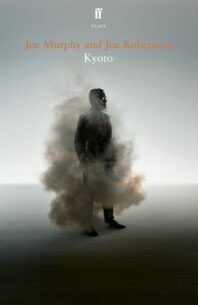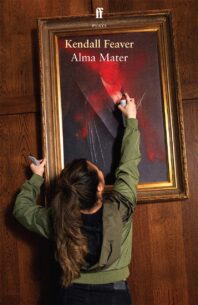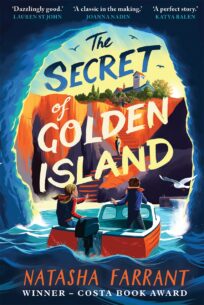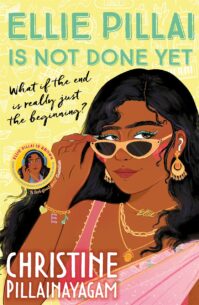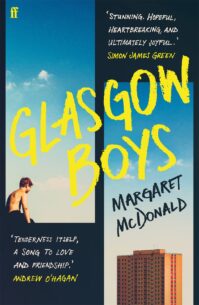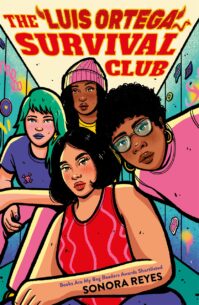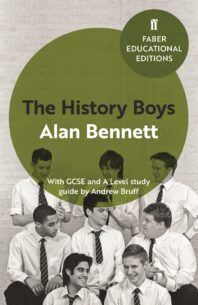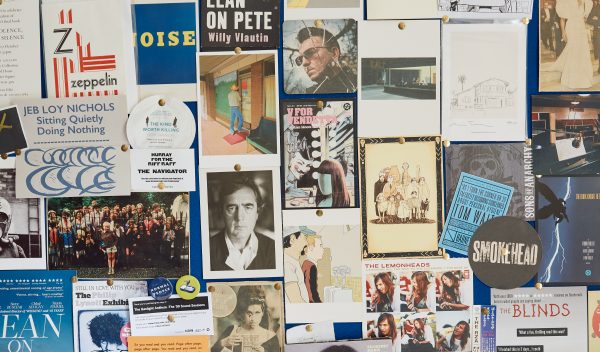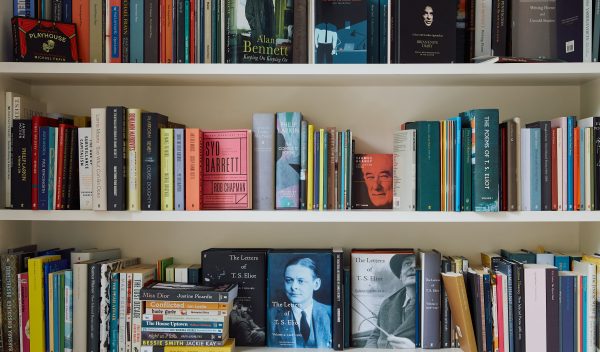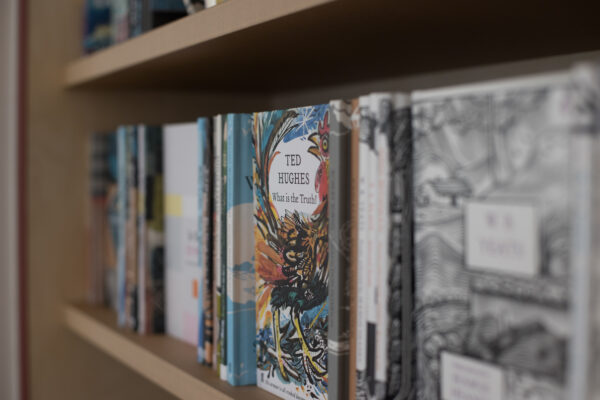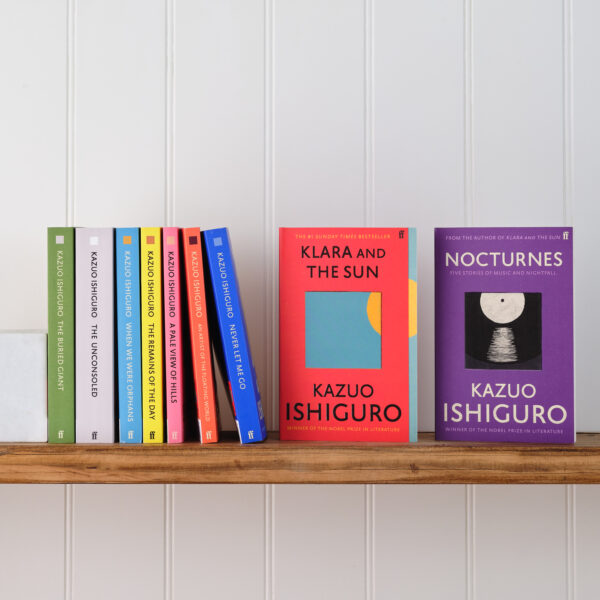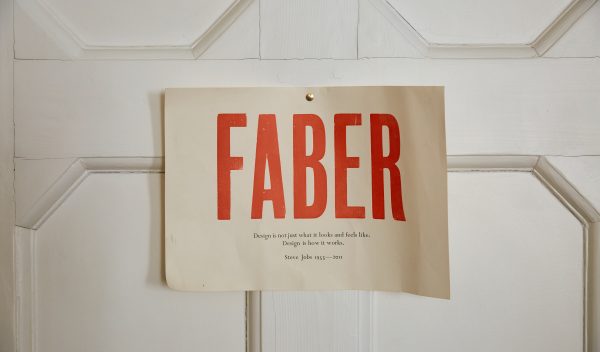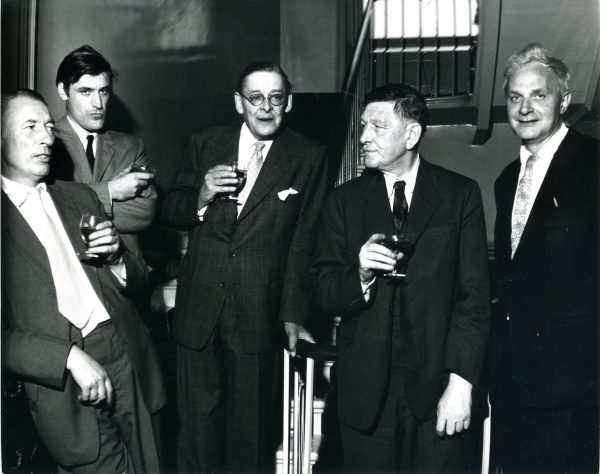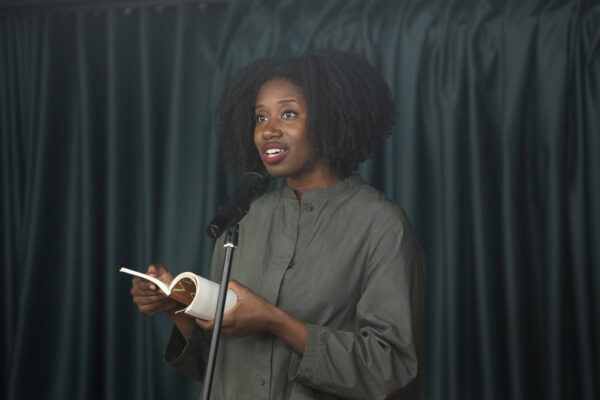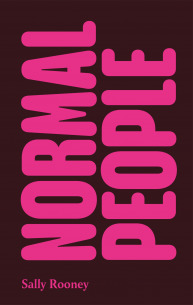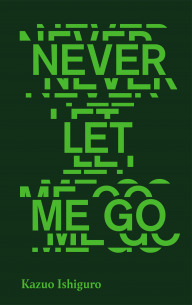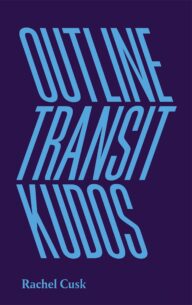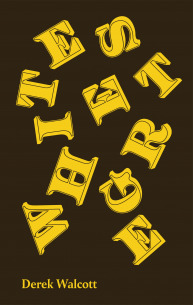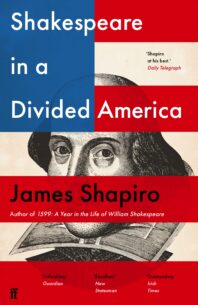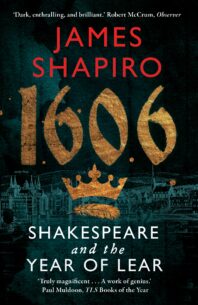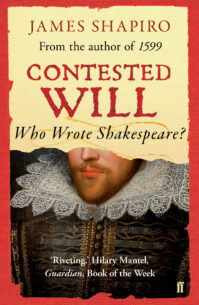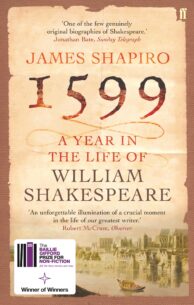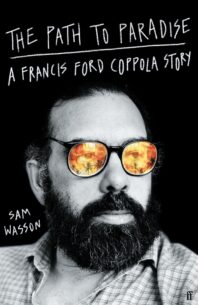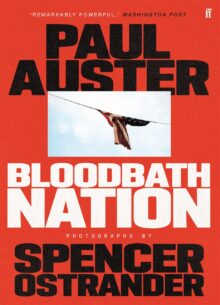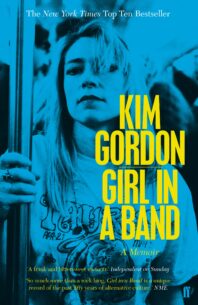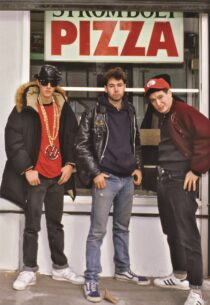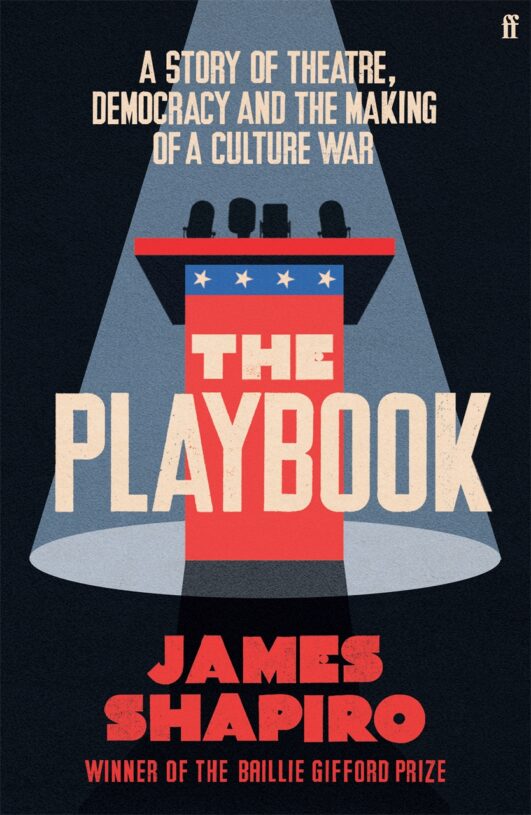
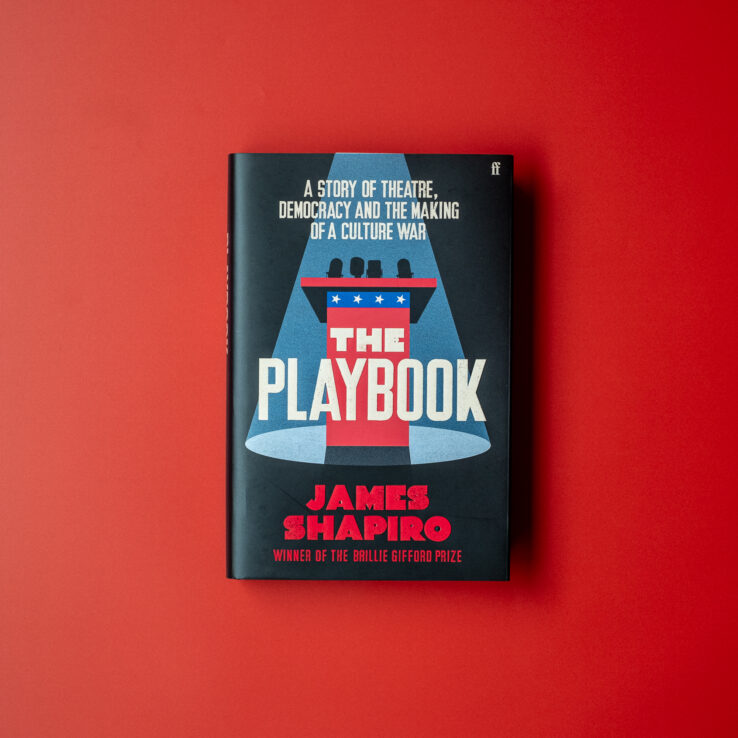


- Home
- Non-fiction
- The Playbook: A Story of Theatre, Democracy and the Making of a Culture War
The Playbook: A Story of Theatre, Democracy and the Making of a Culture War
From the ‘Winner of Winners’ of the Baillie Gifford Prize, a timely and dramatic story of a utopian American experiment, and the self-serving politicians that engineered its downfall.
227 in stock
Join Faber Members for 10% off your first order.
1935. As part of President Franklin D. Roosevelt’s progressive New Deal, the Work Progress Administration is created to support unemployed workers, including writers, artists, musicians and actors. The Federal Theatre Project, a major part of that programme, begins to stage critically acclaimed, subsidised and groundbreaking productions across America, including Orson Welles’s directorial debut, a landmark modern dance programme and shows that sought to tell the truth about racism, inequality and the dangers of fascism.
1938. An opportunistic Texas congressman, Martin Dies, head of the newly formed House Un-American Activities Committee, successfully targets the Federal Theatre, exploiting rising tensions over communism and creating a new political playbook based on sensationalism, misinformation and fear – a playbook that has proved instrumental in our current culture wars.
From one of the world’s great storytellers, The Playbook is an invigorating re-enactment of a terrifyingly prescient moment in twentieth-century American cultural history.
Some books illuminate the past, some feel vividly relevant to the present moment. The Playbook is one of those rare historical works that does both of these things equally brilliantly. [It] also uncovers the hidden roots of today's culture wars, with all the cynicism, media manipulation and disinformation that shape our current political reality. This is not just a great work of theatre history, it is history itself as a gripping and fiercely urgent drama.
James Shapiro's tremendous book painstakingly details the political malice which attends any strong artistic idea. The attacks on the Federal Theatre in the US in the 1930s presage every smear today being directed at the unique achievements of the subsidised arts and public broadcasting in the UK.
Shapiro shines a searing light on the fervour and fever around Theatre in particular and the arts in general. Its potential for uniting castes and classes fills me with nostalgia but also with a kind of hope. If it happened before it can happen again.
Shapiro is an expert at adding extra sharpness and detail to history’s long view through the lens of a microscope ... Deeply researched and crisply written, it is a slice of cultural history that has just as much to say about the possible future as it does about the past.
James Shapiro's masterful, timely re-examination of the brief flourishing of the 1930's Federal Theatre Project, reminds us how fundamental theatre can be to the national conversation, as we collectively give ourselves over to stories that entertain, inform, celebrate and challenge who we are. A page turner, eminently readable, forensic, political and moving, as ever James Shapiro's latest book provides vital insights into the transformative power of art in our daily life. The Playbook makes me want to get onstage right now, and pratfall, weep and roar right across the nation. Tremendous.
James Shapiro turns his gift for charged narratives to the art and politics of 1930s America. Tragedy and farce abound, foreshadowing our current crises. Each chapter is like a play: together they form a devastating cycle in our continuing culture wars.
James Shapiro, who teaches English at Columbia University in New York, is author of several books, including 1599: A Year in the Life of William Shakespeare (winner of the BBC4 Samuel Johnson Prize in 2006), as well as Contested Will: Who Wrote Shakespeare? He also serves on the Board of the Royal Shakespeare Company.
Read More
Browse a selection of books we think you might also like, with genre matches and a few wildcards thrown in.
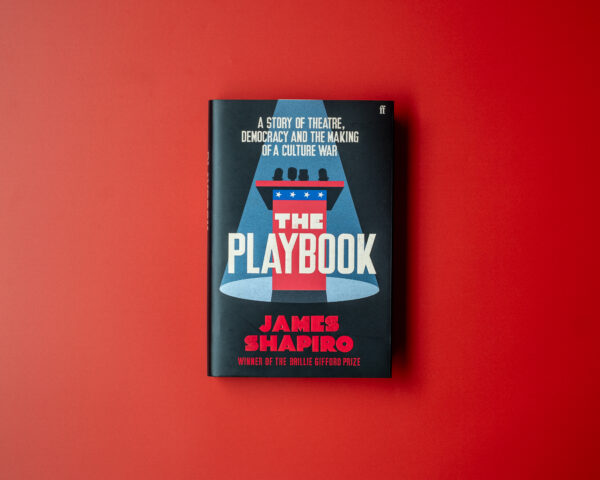
James Shapiro shares a list of titles for readers interested in better understanding where our current cultural battles come from …
